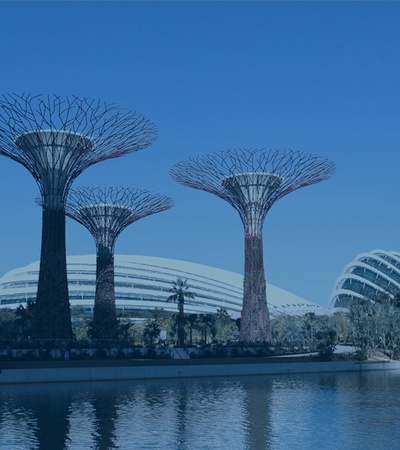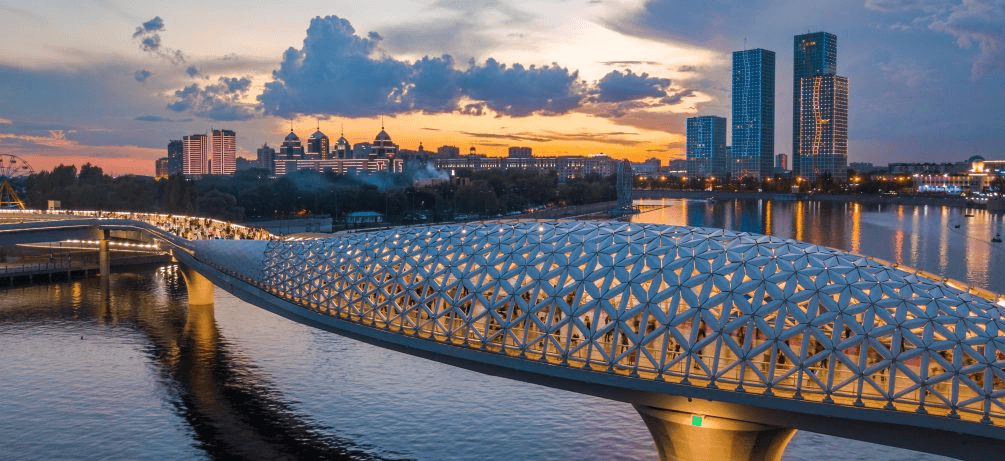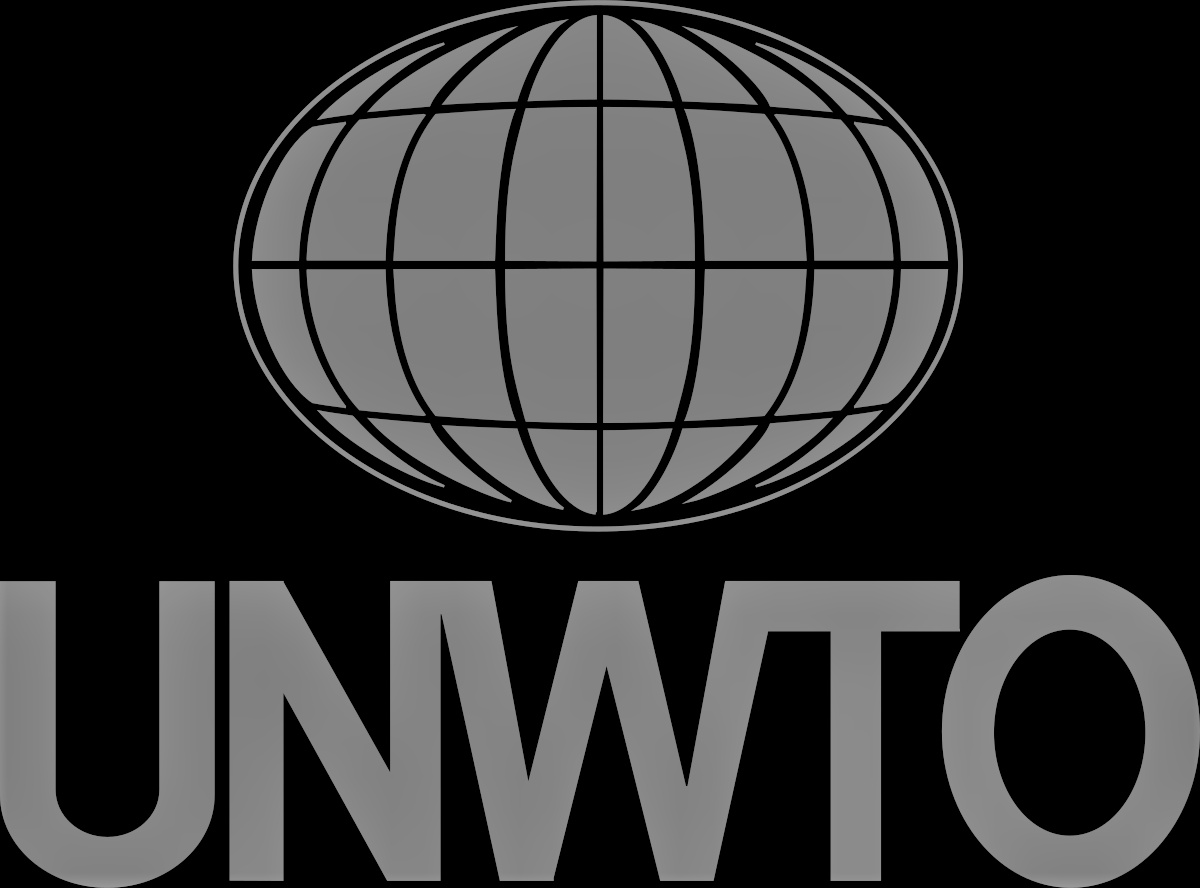The 2030 Agenda for Development provides a charter for governments, communities, companies and organizations to advance sustainable development at all levels through different tools, including tourism. However, there are a number of evolving trends that are having profound impact on tourism and related industries to contribute to progress and sustainable development. These include technological advancements and innovation together with changing demography and consumer behaviour, work schedules and lifestyles. These industries are also affected by macro-processes, such as economic cycles, climate change, globalization and new and emerging crises, including the COVID-19 pandemic.
Currently, there is no comprehensive framework which can help various actors to collaboratively engage and champion the inclusive community development through tourism. This project supports the G20 Presidency and World Tourism Organization (UNWTO) ongoing efforts to develop a framework that aims to inspire and guide key tourism stakeholders in the G20 countries and beyond in promoting the development of a holistic and integrated approach to inclusive development through tourism. Sustainability measures detailed in the framework are also in line with the Sustainable Development Goals.


The Framework aims at advancing the contribution of tourism as an effective means towards fairer growth and achieving the Sustainable Development Goals. It is addressed to national governments in G20 countries, yet it provides guidance and inspiration to all governments as well as all other key stakeholders in the tourism sector – regional and local governments, the private sector, industry associations, civil society, communities and tourists. It aims at fostering a truly holistic and integrated approach to inclusive community development through tourism in line with the following objectives:
- Empowering People: creating conditions in which all people, especially women and youth, can live, work and thrive
- Protecting the Planet: fostering collective efforts to protect our commons.
- Shaping New Frontiers: adopt long-term and bold strategies to utilize and share the benefits of innovation.
The impact of COVID-19 on tourism requires important actions from all stakeholders to support the millions of livelihoods at risk but it is also a major opportunity to restart and work together – governments, private sector and communities towards a more sustainable and inclusive tourism sector centered around people’s and communities’ wellbeing.
Calling for a model of tourism development based on Public-Private-Community (PPC) partnerships, the Framework includes a set of concrete programmes and initiatives based around four pillars of action – empowerment, safeguarding, prosperity and collaboration. Based on the SDG framework (People, Planet, Prosperity and Partnerships), these pillars and its associated programmes and interventions are holistic, flexible, inter-related and mutually dependent on each other to maximise the impact and outcomes of each of the interventions.
The recommendations included in the Framework stress the importance of human capital development, inclusive labor markets, adequate social protection, and innovation and entrepreneurship as key contributors to travel and tourism as a human-centered sector, as well as to advancing women’s empowerment and to create decent jobs for all. The effective implementation of this Framework depends on the commitment, action and engagement of all players – governments (national and local), the private sector and communities – in a collaborative manner.
The report also presents a set of 19 case studies covering the areas addressed in the Framework.



